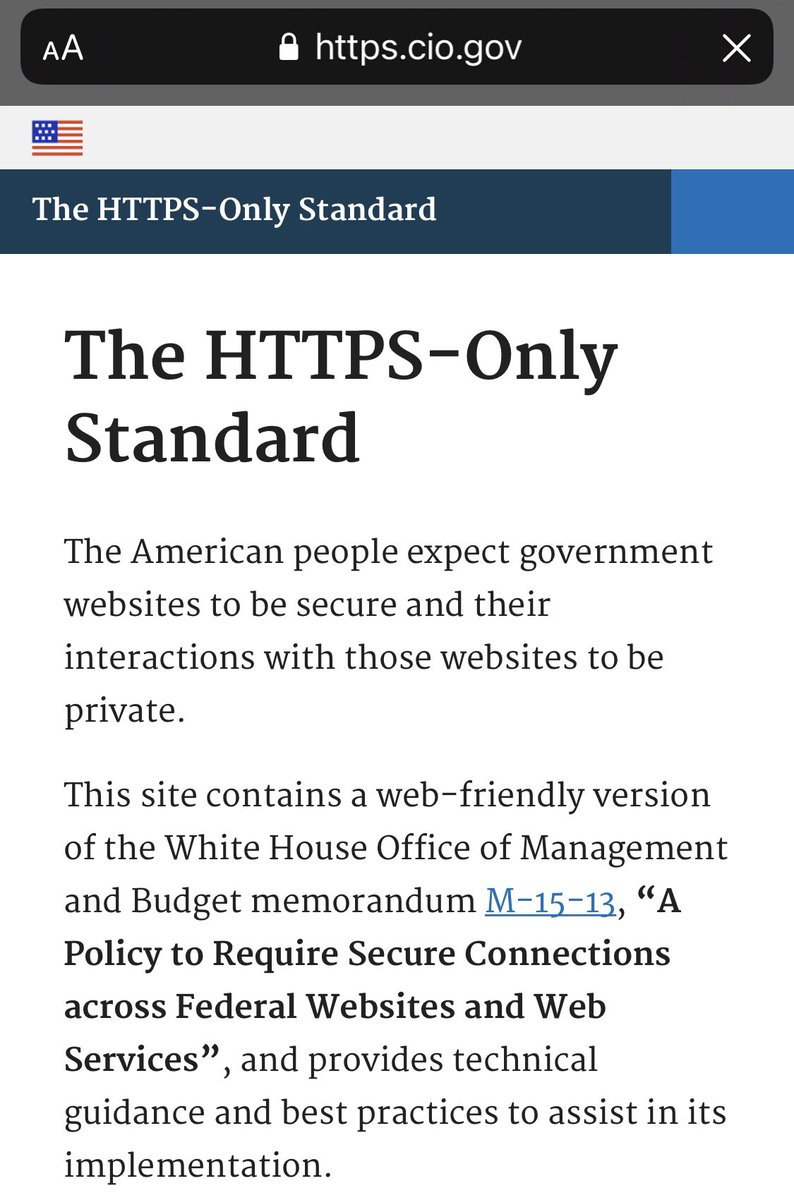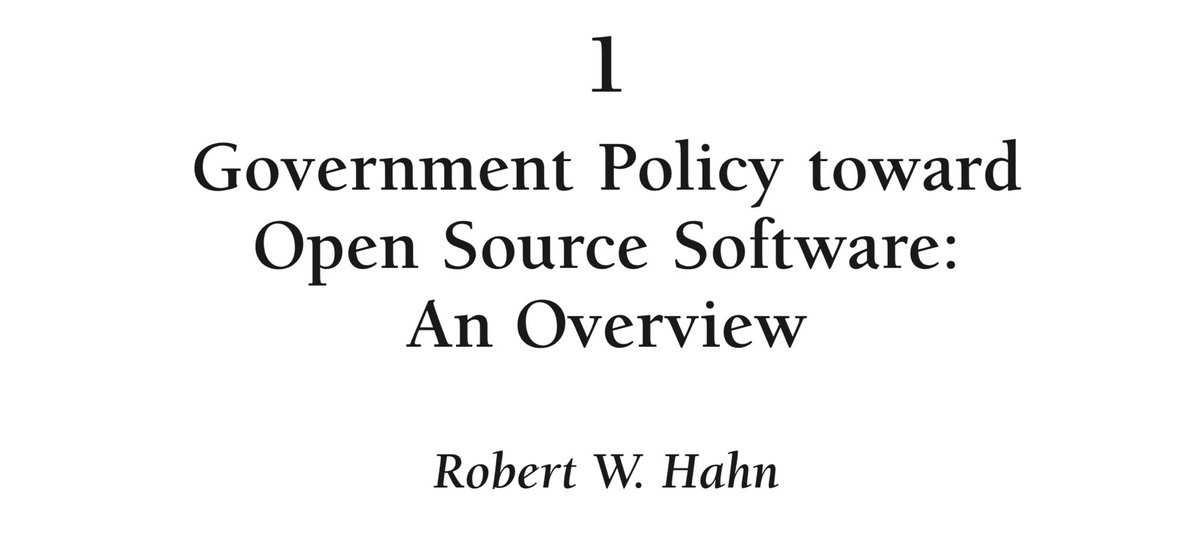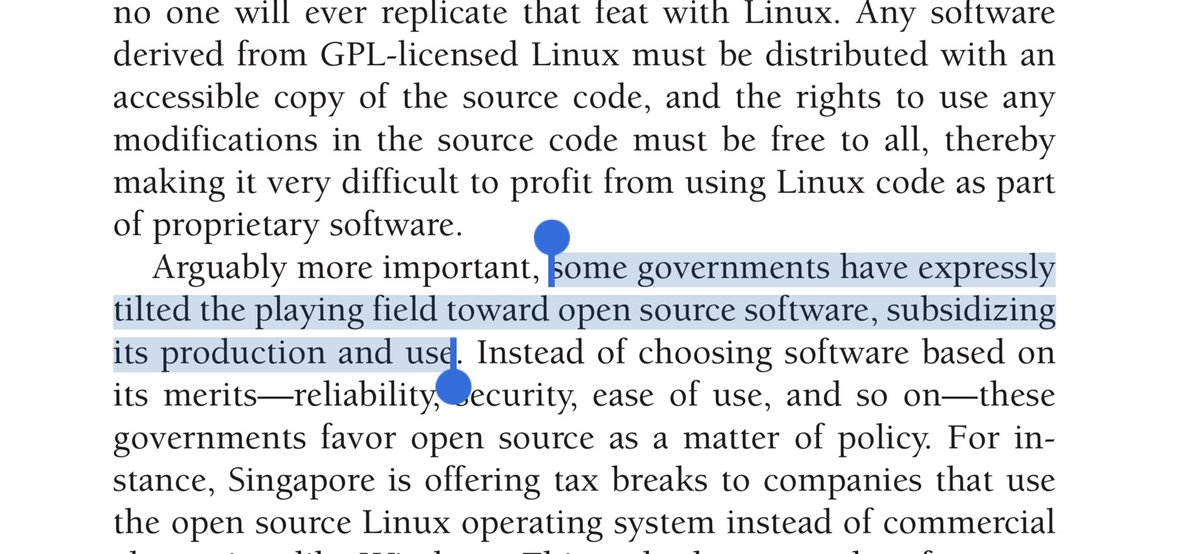
The deeper point is that India doesn’t need to look up to Harvard. Indians are CEOs of trillion dollar companies, soon-to-be VPs, and of course (real) professors at Harvard.
We can build a wholly digital replacement. Declining US institutions aren’t all they’re cracked up to be.
We can build a wholly digital replacement. Declining US institutions aren’t all they’re cracked up to be.
https://twitter.com/nidhi/status/1350024214997155840
In the same way China ascended from a mezzanine level of skill to becoming the factory of the world, India can ascend from providing a shadow academia on YouTube to producing genuinely world class digital learning institutions.
As the meme goes:
ifunny.co/picture/lFZIX5…
As the meme goes:
ifunny.co/picture/lFZIX5…

India becomes a media superpower.
It’s capable of building digital alternatives to Harvard, Hollywood, and the New York Times. Indeed the people in these institutions often hail from India.
The v2 would lean on modern technology: online learning, AI video, cryptographic truth.
It’s capable of building digital alternatives to Harvard, Hollywood, and the New York Times. Indeed the people in these institutions often hail from India.
The v2 would lean on modern technology: online learning, AI video, cryptographic truth.
Many people underestimated China. Thought they’d always make cheap plastic stuff for Walmart.
Similarly, today many underestimate India. They think Indian media will always be just Bollywood, or the animation backend for Hollywood.
Can it level up?
theweek.in/news/entertain…
Similarly, today many underestimate India. They think Indian media will always be just Bollywood, or the animation backend for Hollywood.
Can it level up?
theweek.in/news/entertain…
India has the talent to become a media superpower. It just needs ambition. Stop admiring declining US institutions like Harvard. Stop thinking of Bollywood as a ceiling.
Indian tech has already made this leap: now #3 in unicorns and globally competitive. Indian media can be too.
Indian tech has already made this leap: now #3 in unicorns and globally competitive. Indian media can be too.
This doesn’t mean *existing* Indian media and academia will make this leap. Some may. My bet is on startups.
But a key concept is that India’s emergence won’t exactly mirror China’s.
China is a tech and manufacturing superpower. But India becomes a tech *and media* superpower.
But a key concept is that India’s emergence won’t exactly mirror China’s.
China is a tech and manufacturing superpower. But India becomes a tech *and media* superpower.
• • •
Missing some Tweet in this thread? You can try to
force a refresh











